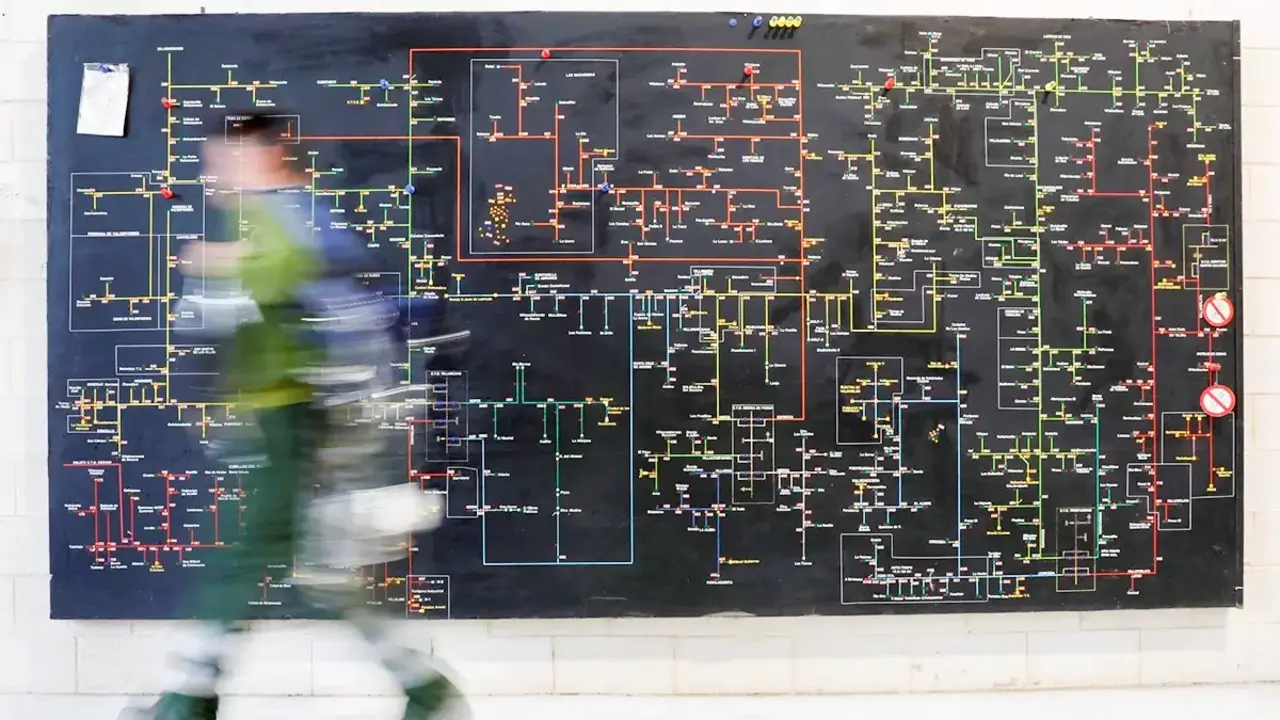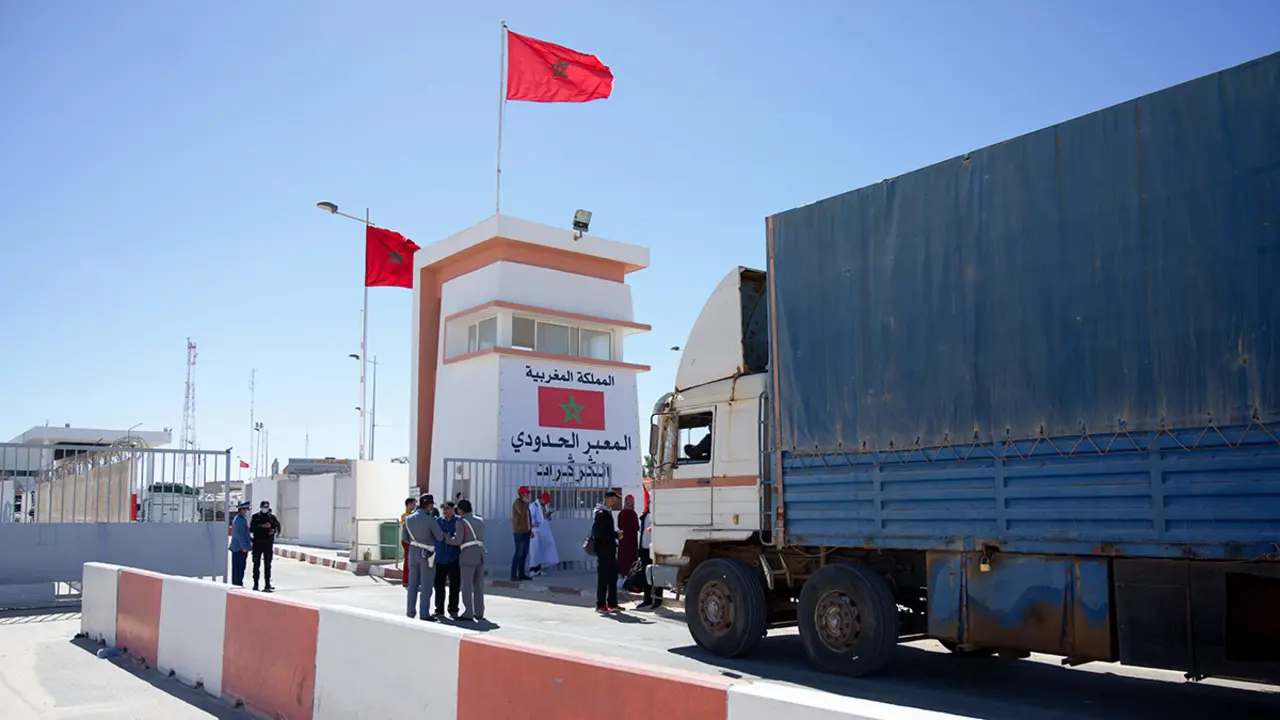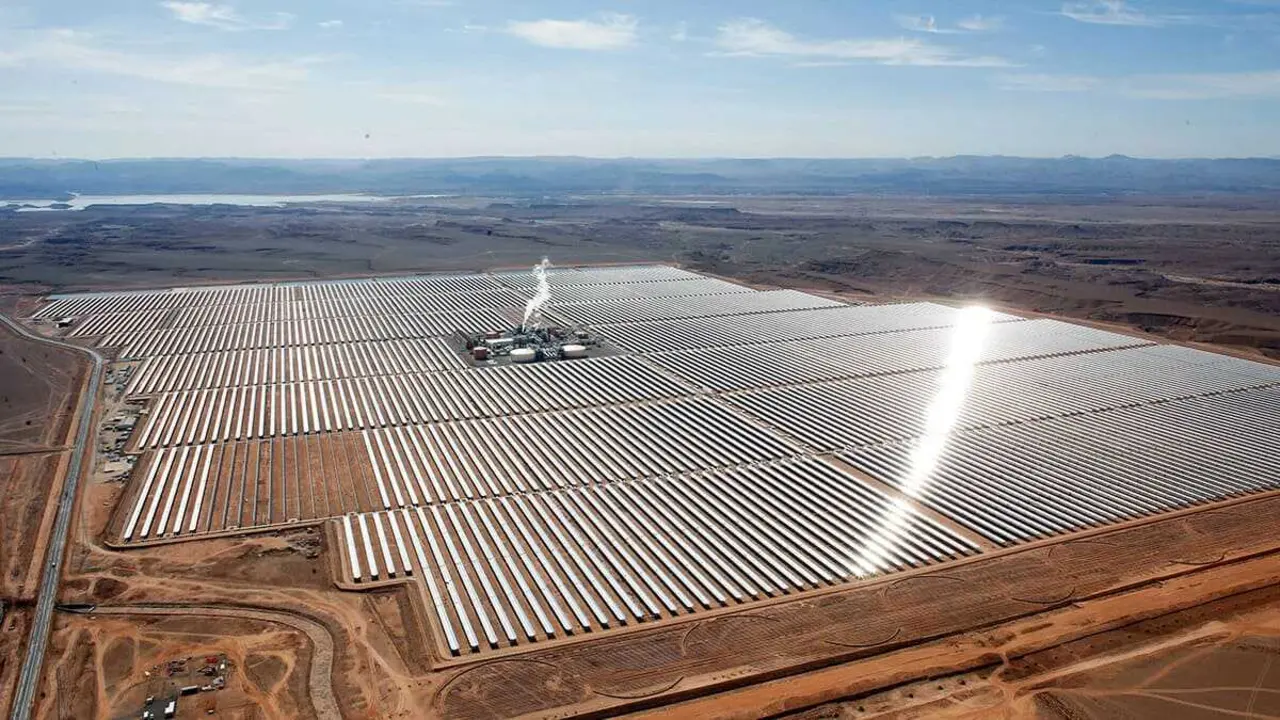Lebanon facing supply shortages and daily blackouts

Lebanon's economic crisis has affected the country's fuel reserves, leaving the population facing daily blackouts if the situation is not reversed. Lebanese President Michel Aoun has approved an exceptional loan of up to $197 million for the state electricity company to import fuel before supplies run out, according to an official statement.
According to Arab News, the hours of electricity rationing in several regions have reached minimum levels, with supplies in some areas no longer exceeding half an hour a day. As a result of the shortage of resources, electricity tariffs have increased, causing bills to exceed 700,000 pounds sterling per month, when the minimum wage is 675,000 pounds sterling. Against this bleak backdrop, people have taken to the streets to protest against the lack of fuel and rising electricity prices.

Lebanon is in the midst of a financial crisis caused by debt accumulated since the end of the 1975-90 civil war, leaving the country struggling to find enough foreign currency to pay for fuel and other basic imports. Just a week ago, the World Bank (WB) published a report on the country's economic situation in which it harshly criticised the political elite as corrupt and blamed Lebanon's inability to agree on measures to alleviate the crisis for the country's agonising situation.
Power cuts are commonplace for the Lebanese population and many people rely on private generators. The head of the syndicate of private generator owners, Abdo Saade, as reported by L'Orient Today, has already announced that they will start reducing the running time of generators by five hours a day due to fuel shortages. This shortage was already foreseen. On 28 May, the interim government's finance minister, Ghazi Wazni, sent a request to the Bank of Lebanon (BDL) to open four credits worth $62 million to supply fuel to the electricity production plants, but the BDL asked the Government for approval.

It was not until this week that Lebanese President Michel Aoun gave the green light for the issuance of credits for Electricite du Liban to purchase fuel through the Treasury advance. Finally, with the president's approval, Lebanon's Ministry of Finance has sent an official request to the governor of the Central Bank asking him to approve an advance from the Treasury to allow the state electricity company to buy fuel and avoid blackouts.
Lebanon has long been on the brink, having failed to form a government since August last year following the tragic explosion in the port of Beirut that killed 215 people, an event that remains unclear today. The World Bank ranks Lebanon as one of the worst economic crises of the 21st century.

The WB estimates that the country's gross domestic product (GDP) will shrink by 9.5 per cent in 2021, after shrinking by 20.3 per cent in 2020 and 6.7 per cent the previous year. That is a 40 per cent fall in GDP since 2018. They point out that such a brutal contraction is usually associated with conflicts or wars but has never happened in peacetime. Moreover, in the face of this precarious economic situation in March 2020, Lebanon defaulted on its debt for the first time in its history, as the local currency lost more than 85 per cent of its value.








